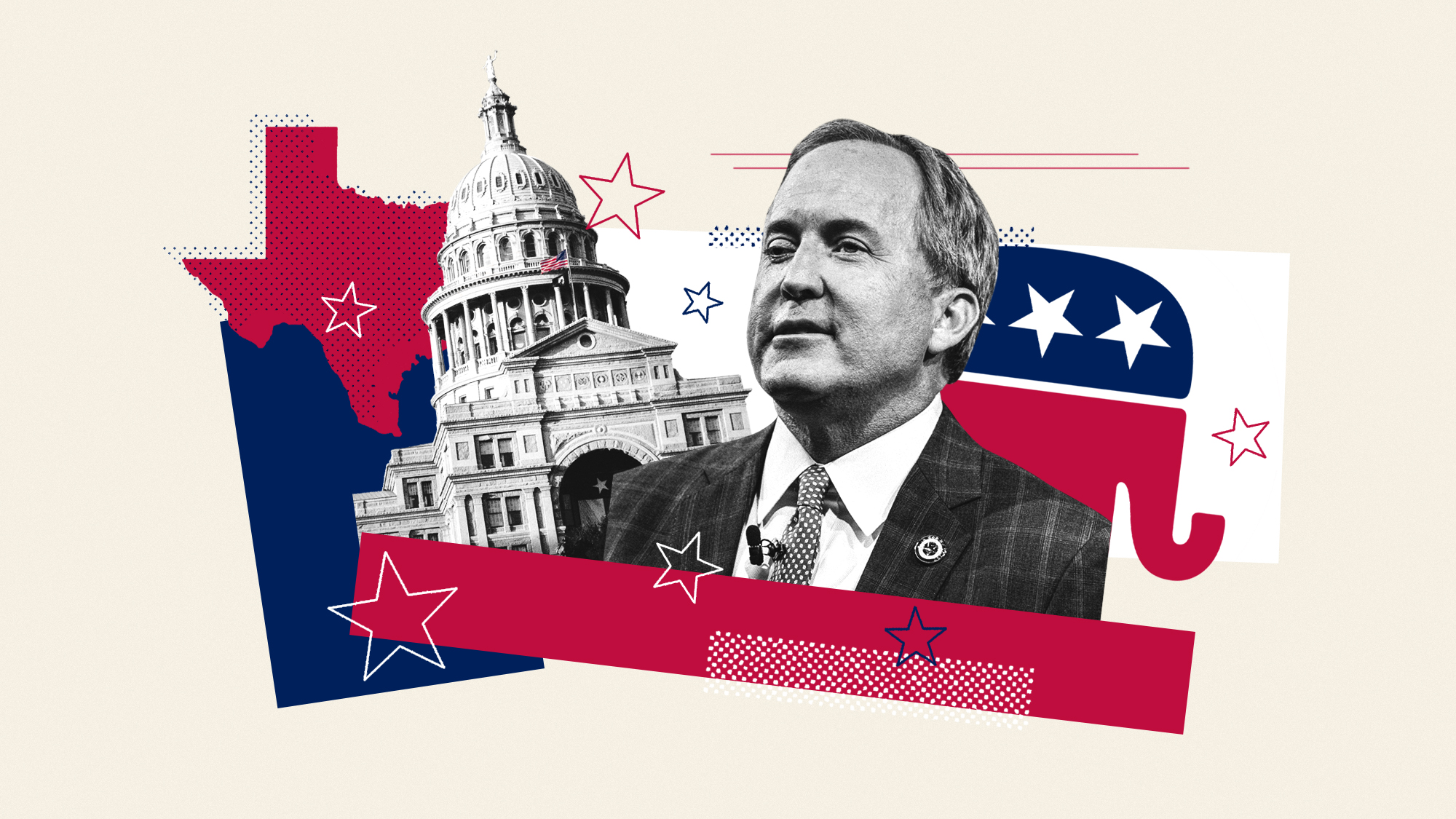
- Select a language for the TTS:
- UK English Female
- UK English Male
- US English Female
- US English Male
- Australian Female
- Australian Male
- Language selected: (auto detect) - EN
Play all audios:
Emma Burnell is right to point out that Labour Party inquests in the wake of defeats tend to try to please everyone, and this probably explains why they are on their fourth successive defeat
in a decade of instability and increasingly turbulent politics. The recent inquest, produced by a self-styled “commission” is no different. However, by spreading the blame, the single
reason for the defeat is ignored in her article. It was Jeremy Corbyn, and the report’s text makes this clear, even if this is deliberately diluted in the conclusion. A text search of the
terms used in the document is instructive. “Brexit” appears 103 times, “second referendum” six times versus “referendum” appearing 35 times, including the former. “Failure” scores 29,
“divide” 28, “division” 22, “class” 40, but “identity” only once. “White” appears twice, while “BAME” six times. “Blair” is mentioned twice, “Brown” not at all, “Miliband” is only mentioned
once, as one of the “commissioners”. “Conservative” garners 167, but “immigration” only eight. “Liberal” at 24 edges out “SNP” on 23. “Johnson” gets seven, while Cameron is on one. “Theresa
May” gets two. “Corbyn” is mentioned 60 times, and the texts surrounding the mentions of Corbyn are instructive: “‘Stop Jeremy Corbyn’ was a major driver of the Conservatives’ success across
all their key groups including previous non-voters, and among all the swing voters Labour lost to the Tories.” p12 “A poll conducted after the election found that, among VOTERS WHOM LABOUR
LOST, the third most important reason (AFTER DISLIKE OF JEREMY CORBYN and disbelief that Labour’s promises were deliverable…” p40 (emphasis added by this author) “YouGov data analysed for
this Review by Datapraxis confirms that the three main factors in Labour’s losses were: widespread concern about Jeremy Corbyn’s leadership, his perceived weakness and his role as a
potential Prime Minister…” p56 “Negative feelings about Jeremy Corbyn had become a key deterrent for much of Labour’s voter base.” p57 “Perceptions of Labour’s leader began to decline from
this point, independently of the Party’s ratings, with a particular drop in Spring 2018. From the end of 2018 views of Jeremy Corbyn declined in step with the Party’s poll ratings.” p57
“Among 2017 Labour voters who withdrew their support in 2019, the perception that the Party was divided was given as the third most important reason why Labour lost the election, after
‘Brexit dominated the election’ and ‘Jeremy Corbyn was not an appealing leader'” p58 “By September 2019 Jeremy Corbyn’s ratings were at record lows. YouGov data shows that 67 per cent
of all voters ‘disliked’ him, most of them strongly.” p58 “Between the 2017 election and the eve of the 2019 campaign, both Leave and Remain voters became significantly more likely to regard
Jeremy Corbyn as ‘weak’, and less likely to regard him as ‘in touch with ordinary people'” p59 “Negative views of Jeremy Corbyn were a key factor behind support for the Conservatives.”
p60 “Among voters who switched from Labour to the Conservatives, concern about Jeremy Corbyn was intense, whichever way they voted in the referendum.” p60 “‘_Frightened at the possibility
of a Marxist government. Disgusted at Corbyn being a terrorist sympathiser.’ W_oman, 52, local authority renter, voted Brexit Party in the 2019 European Parliament elections and the Labour
Party in the 2017 General Election.” p60 “‘_I don’t think he is fit for the role of UK’s prime minister as he is hiding from the press and I feel and believe he is a weak candidate.’ _Man,
34, private sector worker, voted Labour in the 2019 European Parliament elections.” p60 “There was a drop in how much people liked Labour in general, and a much larger drop in how much they
liked Jeremy Corbyn.” p61 “There are clear indications that Labour’s protracted avoidance of a clearer stance on Brexit contributed to perceptions of Jeremy Corbyn’s leadership as weak or
indecisive.” p63 Despite all this damning evidence, Corbyn’s leadership is only seen as the third most significant conclusion of Labour’s report. Labour, being a party of collectivists, does
not regard the role of the individual as being decisive. It is therefore ironic that the party’s choice of leader was a deal-breaker for the voters outside the metropolitan bubbles.
Objectively, it was absurd for party members to elevate a confirmed extremist backbencher with a record of rebellion rather than an MP with front-bench or even governmental experience. In
fact, this is probably the first time in a century that any party has ever had a leader so disconnected from mainstream politics and conventional economics. Corbyn’s policies were extreme.
While Labour complains that these policies were popular, there is a difference between popularity and vote-winning. Corbyn supporters complain of media smears, but reports on Corbyn’s
extremism were accurate: he appeared on Iranian state television; he laid a wreath for the organisers or perpetrators of the Munich Olympics atrocity; he refused to condemn Russia’s chemical
weapons attack in Salisbury; and his refusal to support the ban on Hezbollah in the UK. Corbyn’s weakness as a leader was exposed over Brexit. He allowed the party’s policy to become a
convoluted suggestion that there should be a renegotiation, then a second referendum. Senior Labour figures would then campaign against its own deal while he himself would remain neutral. It
is noteworthy that the report does not mention Emily Thornberry, and ignores Keir Starmer’s role as Shadow Brexit Secretary, and it is significant that both were all but invisible during
the election campaign. Corbyn, not Brexit, was the cause of disaster for Labour, whether by his aloof neglect or deliberate design. It remains to be seen if Labour will recognise this and
excise Corbynism from the party. Unless Labour draws the only possible conclusion from this report, the party seems doomed to repeat its mistake.









